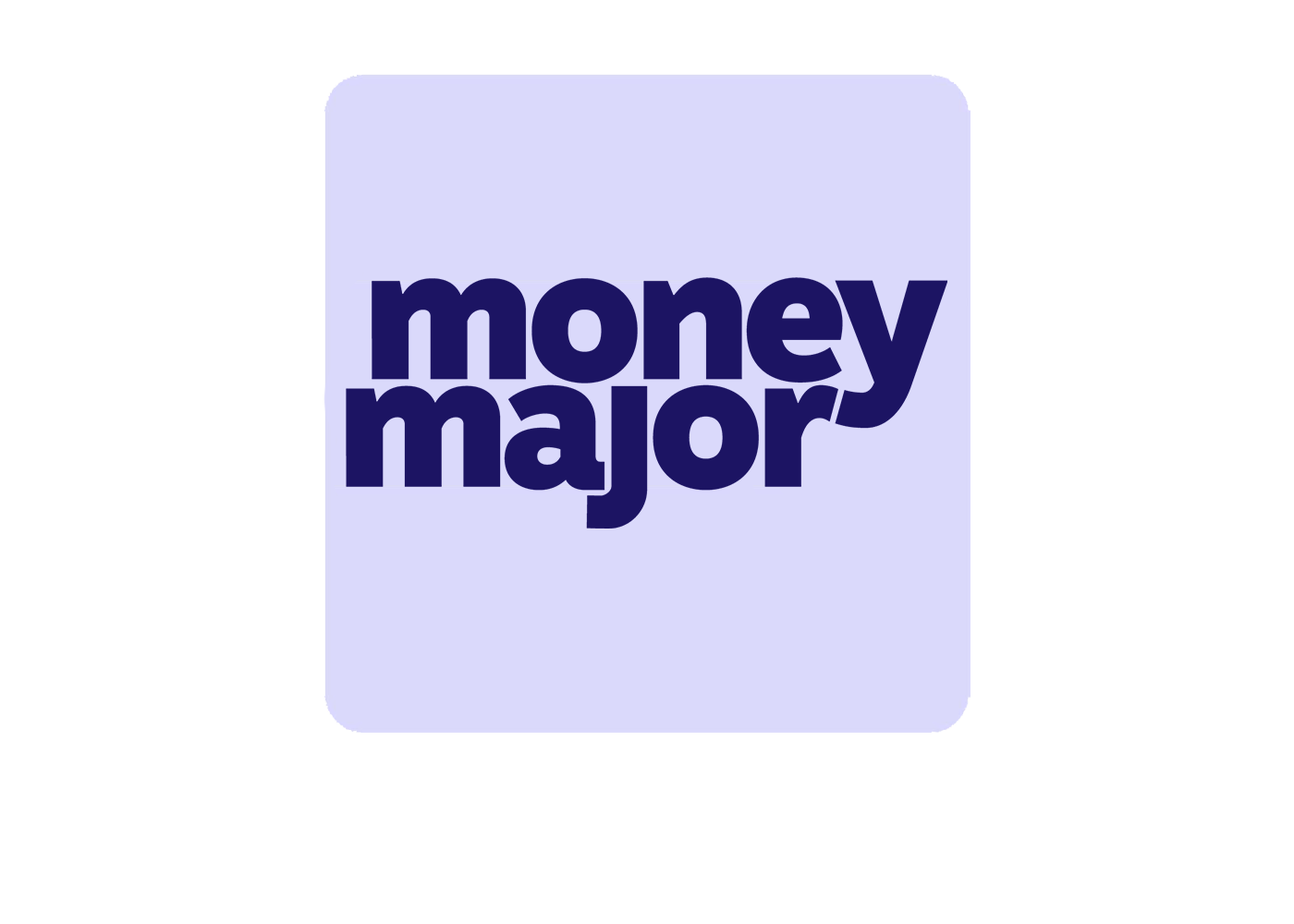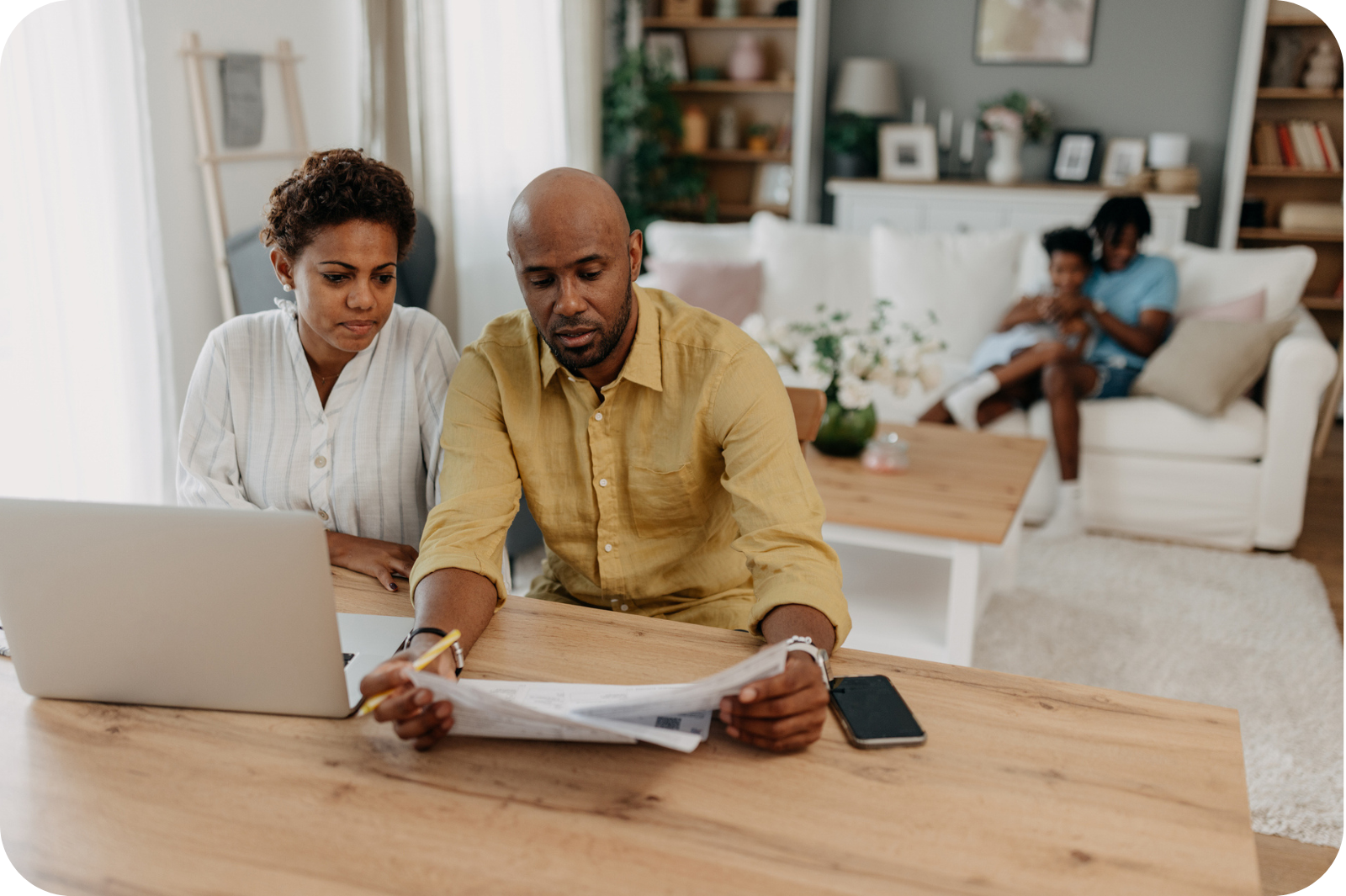Reading the words “credit card debt” is likely to evoke some strong feelings whether you have it or not – and for good reason. Many things cause people to get into credit card debt, but once they’re in, they become overwhelmed, avoid making payments and don’t get out of credit card debt. This feeling can explain part of the reason why people avoid their card balances and opt to pay off other debts or contribute to their savings.
If you’re wondering how to stop turning a blind eye to financial matters and take control of your debt repayment the answer is simple: match your financial decisions with your mind’s desire for accomplishments.
Why do we avoid making payments
Of the many reasons why people tend to delay paying off their debts, focusing on the entire balance of the debt or justifying repayment based on whether they are still using the products they bought, rather than the interest rates, are common.
People tend to pay into the card with the smallest balance, in part because they feel a greater sense of accomplishment when the balance seems more manageable. However, if they instead put the same amount toward their debt with the highest interest, they would have to pay less in the long run.
It can be easy to search for moments of instant gratification over a more difficult task — like reviewing your balances and working them down. As a result, many people will make other decisions with their disposable income in exchange for feelings of accomplishment, momentary joy, or hope.
Some may choose to put extra money into a savings account. And while this is generally great, and warrants a sense of pride, it is financially better to first pay off high interest debt, that would outpace the rate of compounding growth your savings account would accumulate over time.
What we can do about it
One strategy to help overcome the overwhelming feelings that come along with carrying balances is to focus on paying off specific purchases that were made on the card.
Connecting payments to a specific purchase makes people more likely to pay off debt. This is because typically, credit card debt is developed over several purchases over time. Then, when you pay small amounts of the balance overtime, it does not provide a clear sense of accomplishment.
To try this more gratifying repayment method, look at the purchase history on your card and select the purchases you want to pay off first (e.g., a grocery haul or gas top-up). Make that repayment for the item in full and continue doing so until you’re clear. You can even begin with larger transactions to reduce the amount of interest that would accumulate on higher values. This has been shown to help people feel a sense of accomplishment while also helping them pay off their high-interest debt.
How to turn things around
As the weather begins to warm up, the buds start to bloom, and the animals become more active, we can take this as an opportunity to do some spring cleaning of our finances.
First, organize!
- Write out all your sources of debt and remake your budget.
- For each source, include the amount of interest you are paying.
- Write out what you bought for each source (if there are too many, choose a few larger purchases and a few smaller ones along with the amounts; then replace them once you pay those amounts off).
Then, plan!
- Create a plan to always pay the minimum payments on your debts.
- Then, select purchases from your debt with the highest interest rate to pay off as much as you can.
Finally, track!
- As you pay off the purchases cross them off your list (and maybe do a little dance) to acknowledge your progress.
- Continue to track and pay your minimum payments, pay off purchases from your highest interest rate debts, and cross off each purchase once paid off.
By focusing on the interest rates and what specific purchases you are paying off, you are matching your financial decisions with your mind’s desire for accomplishments and setting yourself up for success!
Other tips and tricks
Speak to someone at your bank to see if you can get a low-interest loan to pay off your higher interest debts. Be sure to only use this loan to pay off your high-interest cards – you do not want to increase your overall debt. If the bank is unable to do so, ask for alternatives or work with a financial advisor to make a plan. Sometimes banks can offer a smaller regular payment or give you suggestions on how to reduce your high-interest payments.

Senior Strategist & Practice Manager
Shelbie is a Senior Strategist at BEworks. She works closely with clients to identify psychological barriers that prevent people from acting in their best interest and to design solutions that support people’s decision-making and overall well-being. Shelbie holds a PhD in Development Psychology from the University of Illinois and loves thinking about creating contexts for children to harness their energy and curiosity in ways that support their well-being and development.



